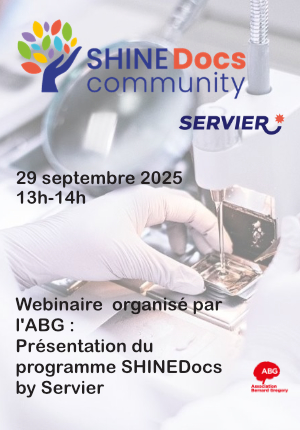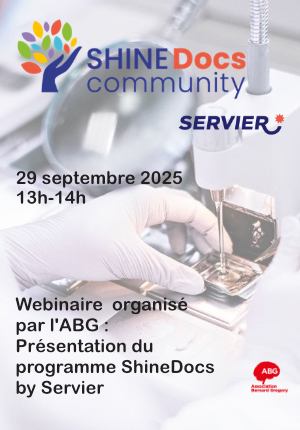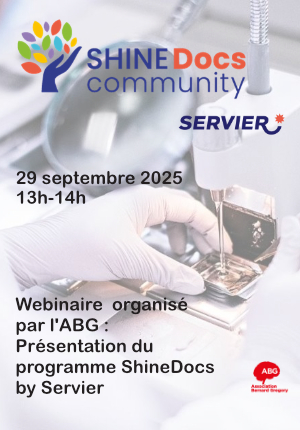Exploring Genetic Diversity and Domestication Loci in Australian Native Citrus to Support Breeding for HLB Resistance
| ABG-133346 | Sujet de Thèse | |
| 08/09/2025 | Contrat doctoral |
- Agronomie, agroalimentaire
- Biologie
Description du sujet
The PhD project is part of ongoing research on resistance to Huanglongbing (HLB), a citrus disease caused by Candidatus Liberibacter asiaticus (CLas). The disease is transmitted by psyllids (Diaphorina citri in the Caribbean). HLB is the most destructive citrus disease worldwide and poses a major threat to the sustainability of citrus cultivation (Alquézar et al. 2022). It rapidly leads to tree decline and death, causes fruit greening and premature fruit drop, and negatively impacts juice quality (Koh et al. 2020). All Asian citrus species, including commercial varieties, are susceptible to this disease (Ramadugu et al. 2016). Citrus glauca, C. australasica and C. australis are important in international breeding efforts for HLB resistance as they are either completely resistant to HLB (C. glauca) or are highly tolerant to infection (C. australasica and C. australis) (Alves et al. 2021). Currently, we have limited genetic information on these Australian species and whether current collections used in breeding capture sufficient genetic variation from these species. Moreover, some of these wild resistant Australian species are difficult to breed and the identification of « domestication genes » appears crucial for successful breeding with.
The PhD project propose to take advantage of the ongoing activities of interspecific breeding and genomic conduced in Australia where the resistant/tolerant germplasm is native from and France where CLas epidemy in Guadeloupe Island allow phenotyping for CLas resistance / tolerance.
The overarching aim is to identify and characterize genomic regions associated with domestication and HLB tolerance/resistance, and to evaluate their diversity across wild and cultivated Citrus germplasm. The identified genomic regions will be deeply examined in cultivated citrus and wild accessions and material already at Bundaberg and French collections to help determine parent choice for future HLB breeding efforts in the Australian and French citrus breeding program.
This PhD project leverages complementary capacities in France and Australia:
- Australia (Queensland): native germplasm, advanced genomic resources, and pre-breeding material;
- France/Guadeloupe: access to HLB-infected environments for phenotyping and disease resistance studies.
Prise de fonction :
Nature du financement
Précisions sur le financement
Présentation établissement et labo d'accueil
Host Research Teams
▪ SEAPAG Team (CIRAD/UMR AGAP Institute)
The research will be conducted within the SEAPAG team (Citrus Evolutionary Structure, Polyploidy and Genetic Improvement), part of the UMR AGAP Institute at CIRAD/INRAE. SEAPAG brings together around 40 permanent staff based in Corsica, Montpellier, Guadeloupe, and Martinique, including senior and junior researchers, engineers, and technical staff. The team manages one of the world’s largest citrus germplasm collections in Corsica (over 1,200 accessions) and develops innovative approaches for citrus genetics and breeding. In Guadeloupe, where HLB is present, SEAPAG maintains experimental orchards and greenhouses at the Roujol station, with a dedicated staff of scientists, engineers, and technicians to support field and laboratory research. (SEAPAG webpage)
▪ Centre for Agriculture and the Bioeconomy (CAB, QUT)
The PhD will also be hosted within QUT’s Centre for Agriculture and the Bioeconomy (CAB), directed by Professor Peter Prentis, an evolutionary geneticist in the School of Biology and Environmental Science. CAB brings together expertise across plant biotechnology, genomics, and sustainable agriculture to develop resilient tropical crops and value-added bioproducts from agricultural residues. The Centre is well equipped with cutting-edge research infrastructure and is strategically based in Queensland — a global hub for tropical agriculture — enabling real-world application of research innovation. Under Professor Prentis’ leadership, CAB researchers integrate high-throughput genomics, bioinformatics, and field trials to improve productivity, pest resilience, and genetic understanding of tropical and fruit crop species. (CAB Webpage)
Intitulé du doctorat
Pays d'obtention du doctorat
Ecole doctorale
Thèse en cotutelle
OuiPays d'obtention du doctorat en cotutelle
Etablissement délivrant le doctorat en cotutelle
Profil du candidat
We are seeking a highly motivated student with a Master’s degree in Plant Sciences, Genomics, Bioinformatics, or related fields. Experience in genetics, bioinformatics, and molecular biology is desirable, as well as a strong interest in the application of genomics to plant breeding, biostatistics, and computational analysis.
Fluency in English is required; French is desirable. Candidates should demonstrate autonomy, good teamwork, and international collaboration skills. A strong desire to work in an international agricultural research context, with an openness to travel and mobility between research sites (Guadeloupe, Montpellier, and Australia), will be considered a major asset.
Vous avez déjà un compte ?
Nouvel utilisateur ?
Vous souhaitez recevoir nos infolettres ?
Découvrez nos adhérents
 Institut Sup'biotech de Paris
Institut Sup'biotech de Paris  Aérocentre, Pôle d'excellence régional
Aérocentre, Pôle d'excellence régional  PhDOOC
PhDOOC  Tecknowmetrix
Tecknowmetrix  Nokia Bell Labs France
Nokia Bell Labs France  ANRT
ANRT  TotalEnergies
TotalEnergies  SUEZ
SUEZ  Ifremer
Ifremer  CESI
CESI  MabDesign
MabDesign  MabDesign
MabDesign  CASDEN
CASDEN  Laboratoire National de Métrologie et d'Essais - LNE
Laboratoire National de Métrologie et d'Essais - LNE  Généthon
Généthon  ASNR - Autorité de sûreté nucléaire et de radioprotection - Siège
ASNR - Autorité de sûreté nucléaire et de radioprotection - Siège  Groupe AFNOR - Association française de normalisation
Groupe AFNOR - Association française de normalisation  ONERA - The French Aerospace Lab
ONERA - The French Aerospace Lab  ADEME
ADEME






